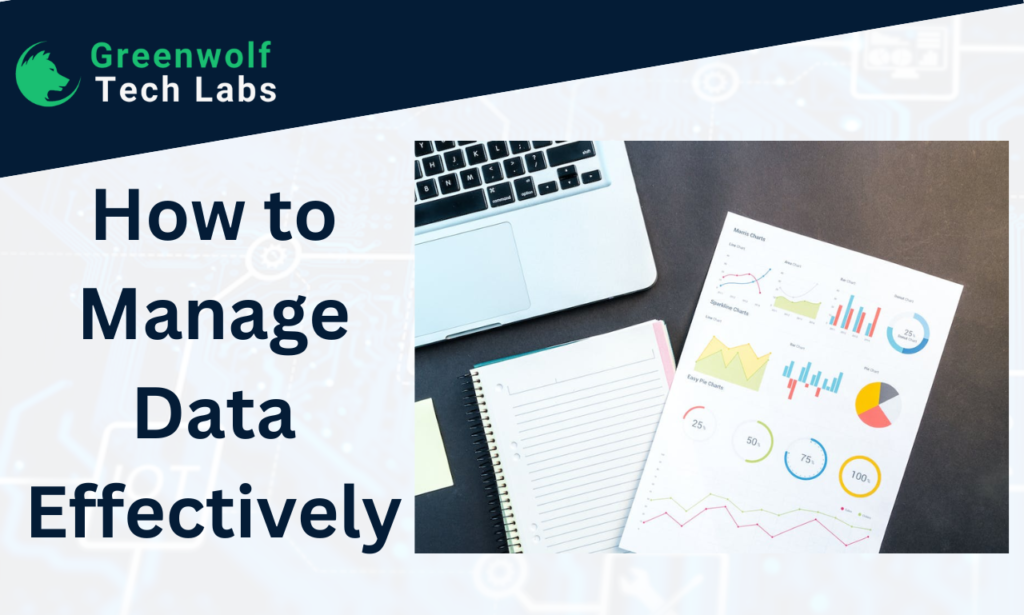Data now serves as the fuel for decision-making, innovation, and corporate success in the digital age. To fully utilise their data assets, organisations must practise effective data management. The future of data management and the new trends reshaping the field of data-driven decision-making will be discussed in this blog post.
Data Management Future
1. Big Data and Advanced Analytics
The future of data management revolves around big data and advanced analytics. As the volume, velocity, and variety of data continue to grow exponentially, organizations need robust infrastructure and analytics capabilities to process and analyze this data effectively. Advanced analytics techniques, such as predictive modeling, machine learning, and natural language processing, enable businesses to derive actionable insights and make data-driven decisions.
2. Cloud-Based Data Management
Cloud computing is transforming data management by providing scalable, flexible, and cost-effective solutions. Cloud-based data management platforms allow organizations to store, process, and analyze data in a centralized environment accessible from anywhere. This eliminates the need for on-premises infrastructure and enables seamless collaboration, data sharing, and scalability.
3. Data Governance and Privacy
With the increasing importance of data privacy and regulatory compliance, organizations are placing greater emphasis on data governance. Data governance frameworks and practices ensure data integrity, security, and compliance with privacy regulations. Future data management strategies will prioritize data governance and implement robust privacy measures to build trust with customers and stakeholders.
4. Artificial Intelligence and Automation
Artificial intelligence (AI) and automation are revolutionizing data management processes. AI-powered data management tools can automate data integration, cleansing, and quality assurance tasks, reducing manual efforts and improving efficiency. Machine learning algorithms can also enhance data categorization, enrichment, and retrieval, enabling faster and more accurate data analysis.
5. Data Democratization and Self-Service Analytics
The future of data management involves democratizing data access and enabling self-service analytics. Organizations are empowering business users with intuitive analytics tools that allow them to explore, visualize, and analyze data independently. Self-service analytics promotes data-driven decision-making at all levels of the organization, fostering a data-driven culture and enabling faster insights.
Conclusion
The future of data management holds immense potential for organizations to unlock the power of data and drive growth. With big data analytics, cloud-based solutions, robust data governance, AI automation, and self-service analytics, businesses can navigate the evolving data landscape and make informed decisions. By embracing these trends, organizations can build a strong foundation for data-driven innovation, enhance customer experiences, and achieve a competitive advantage in the digital age.
FAQs:
Q1. How can organizations prepare for the future of data management?
Q2. What are the challenges in implementing advanced data management strategies?
Q3. How can data management contribute to business innovation?
Q4. What are the benefits of using the cloud for data management?
It frees up organisations to concentrate on data analysis and decision-making by removing the requirement for maintaining and upgrading on-premises infrastructure.
Cloud-based solutions also make it easier for teams to collaborate and share data, allowing businesses to benefit from the skills and knowledge of their teams as a whole.




